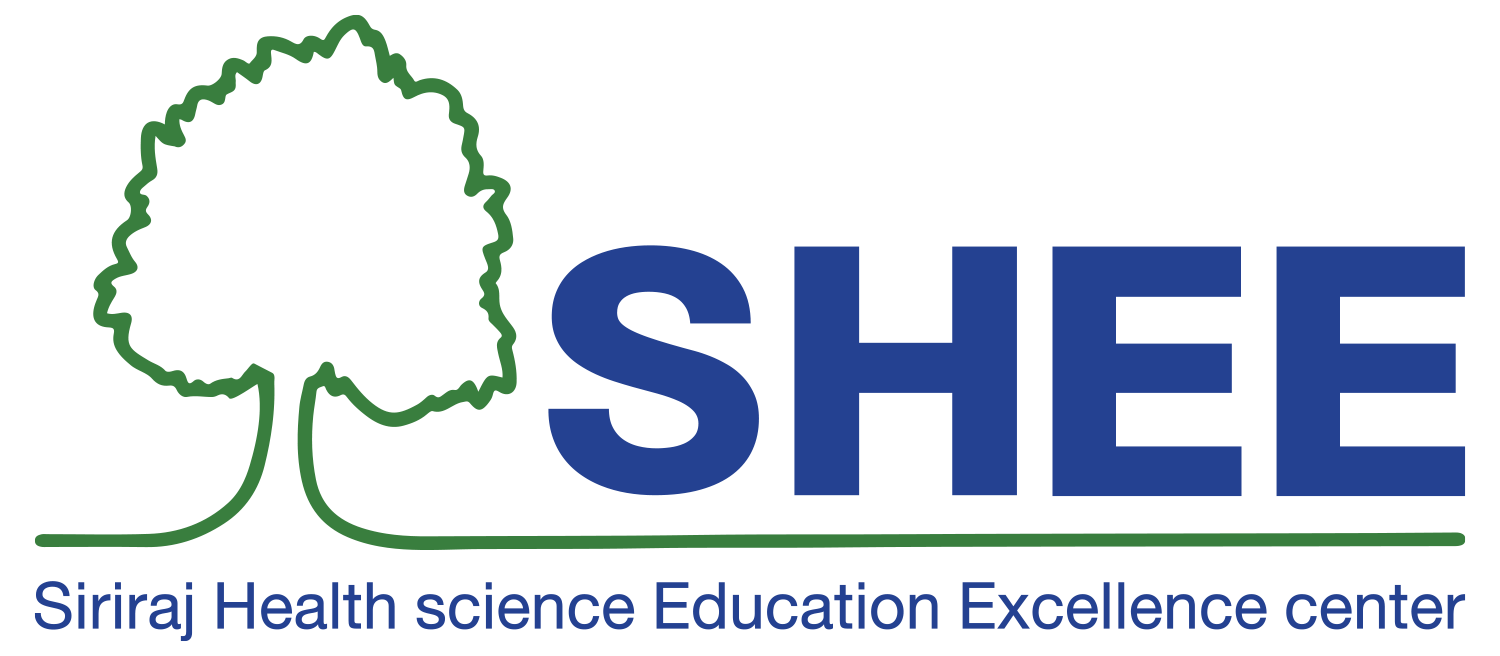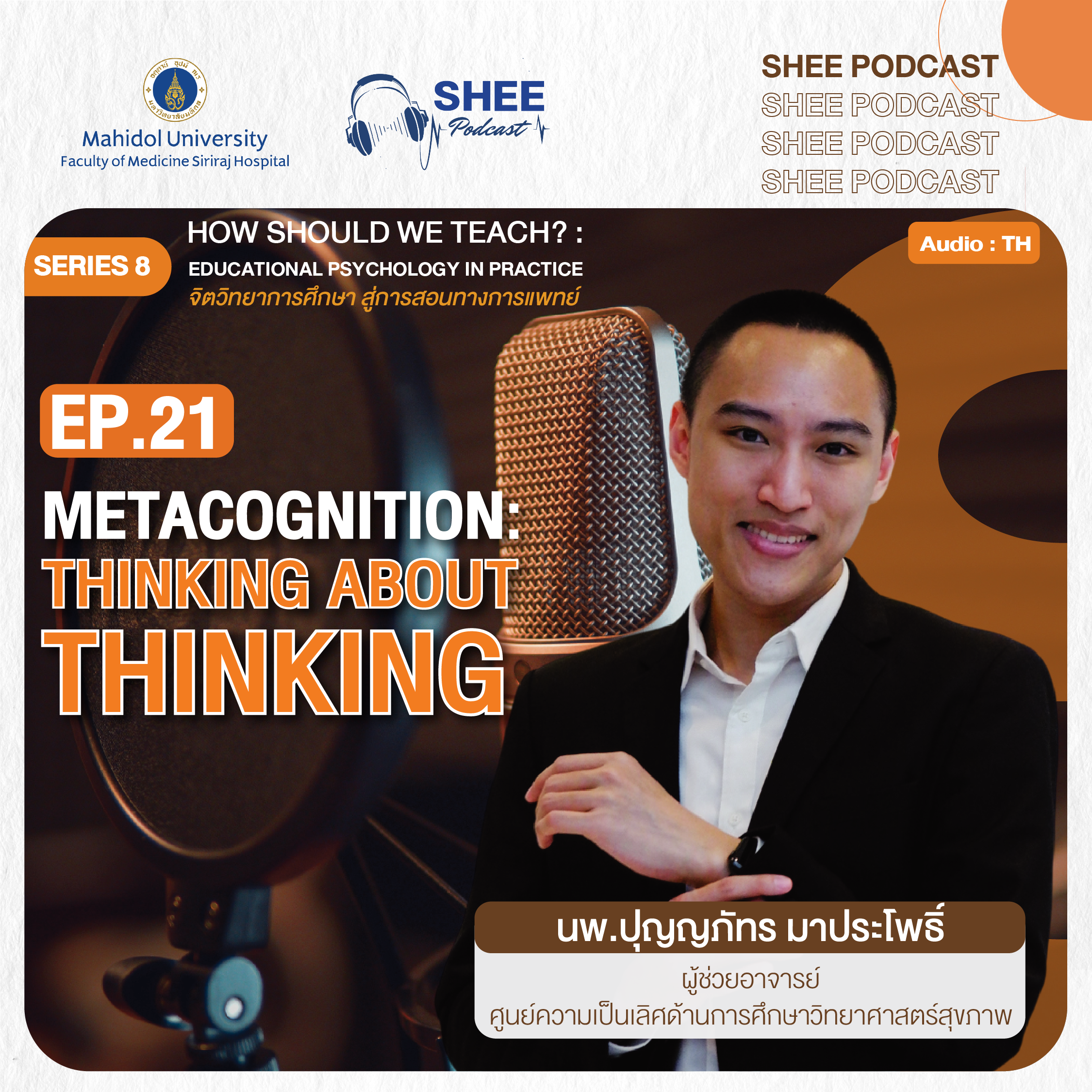
SHEE Knowledge


Education Research
Journal
Online journals are free to read anytime, anywhere, and are easy to use, easy to access, and easy to search.
Educational Tips
Articles on Medical Education that will help readers gain knowledge and understanding are available for free download.
Podcast
Podcasts are an audio-based learning medium. If you don't enjoy reading books or have limited time to read, podcasts are the perfect solution for you.
Knowledge Repository
SHEE has gathered various educational media on medical education in different formats, such as research articles, educational insights, up-to-date online journals, and podcasts by experts in various fields to provide knowledge for you.
SHEE Journal
These medical education journals are thoughtfully curated to provide high-quality content for free learning. Readers can choose to read online articles according to their interests, with a wide variety of articles available, including valuable content from the SHEE Center and contributions from distinguished scholars and experts in various fields.
For Siriraj personnel who wish to earn Continuing Professional Development (CPD) hours, the online journals are available through the SHEE Online Course.
SHEE Podcast
Audio-based learning media that can be accessed anytime. The center provides multiple platforms for you to listen, such as SHEE Online, Anchor, Spotify, Apple Podcast, YouTube, and Podcast Republic.









